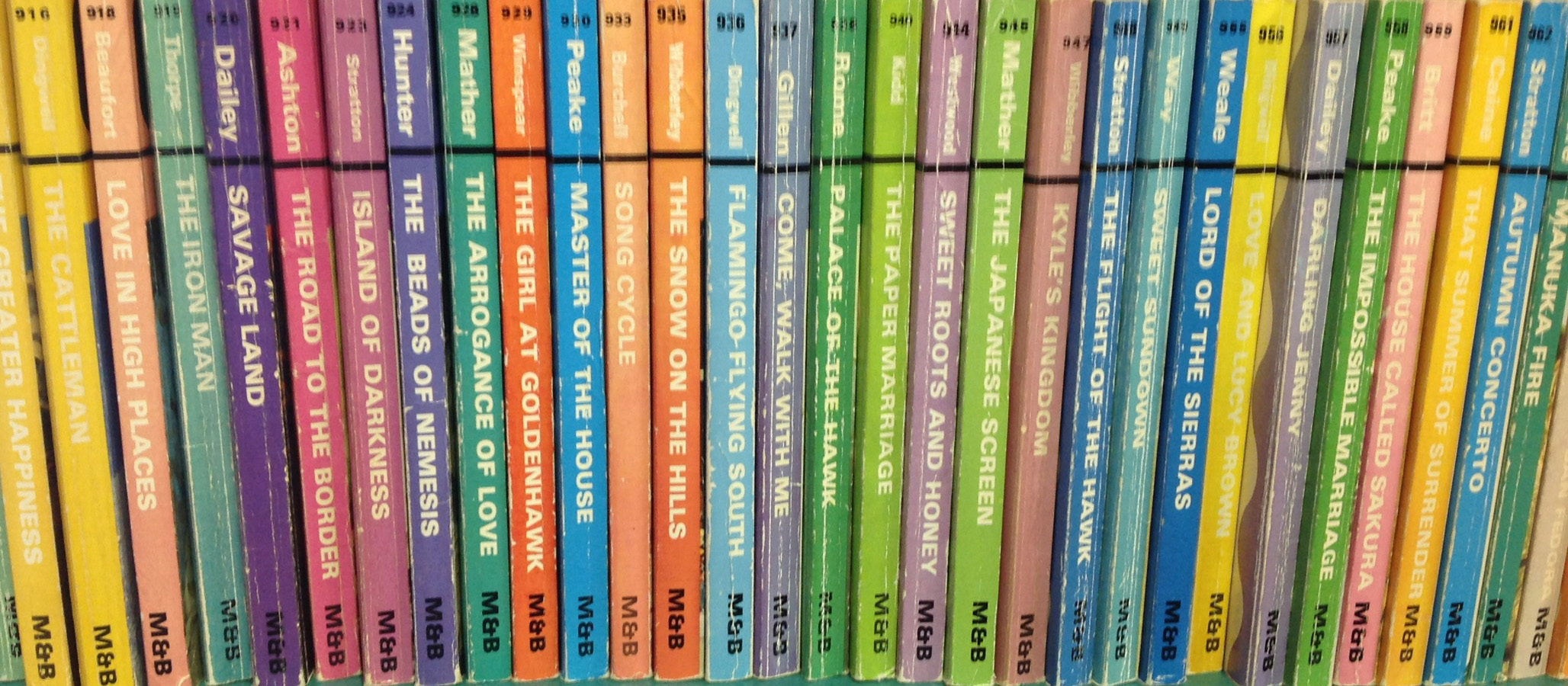Start Date
13-4-2018 3:00 PM
End Date
13-4-2018 4:00 PM
Proposal Type
Individual Presentation
Abstract
At the 2017 rally in Charlottesville, white supremacists carried banners covered in medieval heraldry alongside their Confederate flags, laying claim to the Middle Ages as a white, Christian utopia. This whitewashing of history and construction of a “white race” began during the Age of Enlightenment, and continued through the 19th century – which just happens to be the most popular setting for Historical Romance.
Often seen as providing harmless escapism, the persistent fabrication of an all-white, all-Christian universe has resulted in an ignorance so extreme that many readers of Historical Romance reject the historical validity of non-white characters, or question the possibility that any non-white character could have a “happily ever after” in a white-dominated world. While this attitude has a dismaying effect on the genre, the wider implications of creating a popular fantasy world based on white supremacist ideology – and presenting is as actual history – are chilling.
For better or worse, our understanding of history largely comes from portrayals in pop culture, from Game of Thrones to Downton Abbey. Writers in the wildly popular genre of Romance have an opportunity to shape the perceptions of readers to more closely match the historical reality, and to prevent racially motivated hate groups from co-opting centuries of European history for their own purposes.
History's Been Hijacked: How To Combat White Supremacy Through Popular Literature
At the 2017 rally in Charlottesville, white supremacists carried banners covered in medieval heraldry alongside their Confederate flags, laying claim to the Middle Ages as a white, Christian utopia. This whitewashing of history and construction of a “white race” began during the Age of Enlightenment, and continued through the 19th century – which just happens to be the most popular setting for Historical Romance.
Often seen as providing harmless escapism, the persistent fabrication of an all-white, all-Christian universe has resulted in an ignorance so extreme that many readers of Historical Romance reject the historical validity of non-white characters, or question the possibility that any non-white character could have a “happily ever after” in a white-dominated world. While this attitude has a dismaying effect on the genre, the wider implications of creating a popular fantasy world based on white supremacist ideology – and presenting is as actual history – are chilling.
For better or worse, our understanding of history largely comes from portrayals in pop culture, from Game of Thrones to Downton Abbey. Writers in the wildly popular genre of Romance have an opportunity to shape the perceptions of readers to more closely match the historical reality, and to prevent racially motivated hate groups from co-opting centuries of European history for their own purposes.


